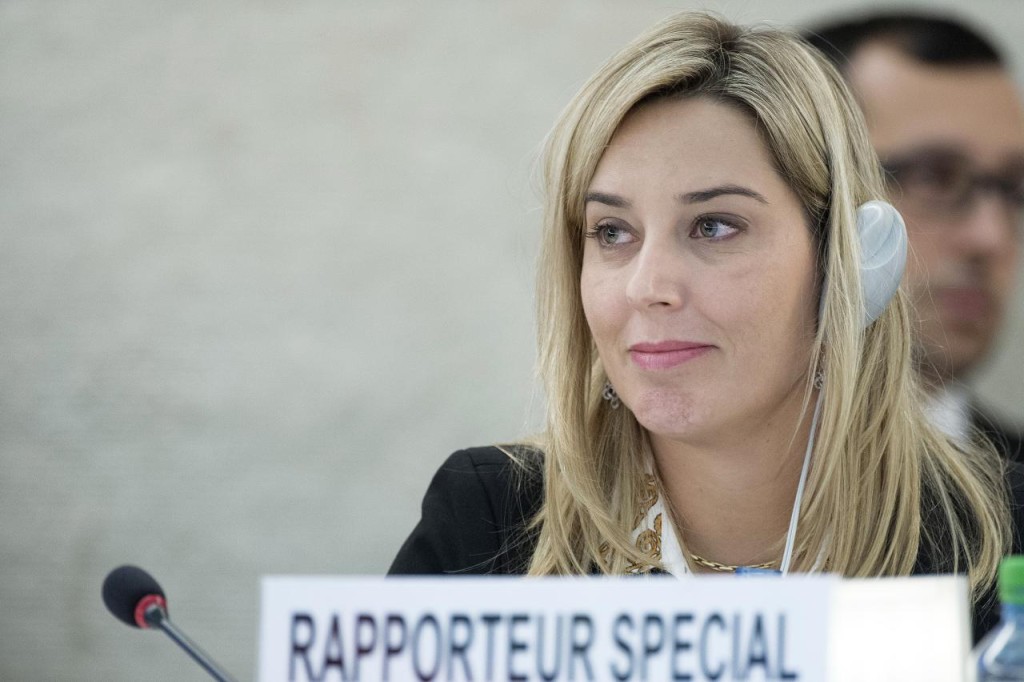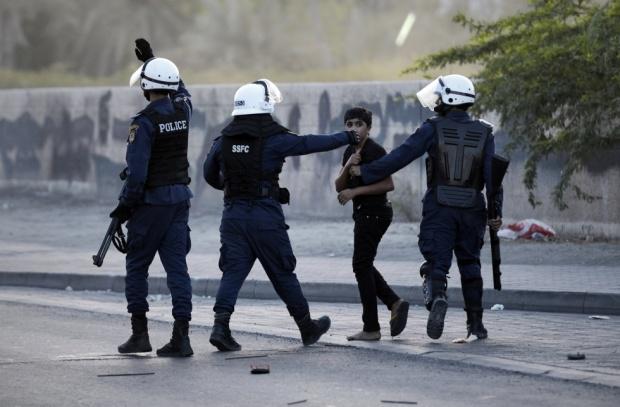In January 2014, Gabriela Knaul, the UN Special Rapporteur on the Independence of Judges and Lawyers, visited Qatar upon the invitation of the government. During her visit, she met with senior officials at the Ministries of Foreign Affairs, Justice, and Interior, as well as the Chief Justice of the Court of Cassation, in order to[…]
On September 9, 2015, Americans for Democracy & Human Rights in Bahrain (ADHRB) joined more than 100 multi-faith organizations and individual signatories in sending an urgent letter calling for the reauthorization of the United States Commission on International Religious Freedom (USCIRF) to leaders of the Senate Foreign Relations Committee (SFRC). The letter gathered the highest number of signatories in[…]
FOR IMMEDIATE RELEASE 9 September 2015 – Americans for Democracy & Human Rights in Bahrain (ADHRB) welcomes the introduction of H.R. 3445, the bipartisan resolution in the United States House of Representatives that would reinstate the US arms sales ban to Bahrain until the country implements all 26 recommendations of the Bahrain Commission of Inquiry[…]
On 2 September 2015, Judge Mohammed Bin Ali al-Khalifa, head judge of the Bahraini High Criminal Court, acquitted 5 police officers who had been temporarily suspended for beating a man during his arrest. The man in question was being arrested on suspicion of drug possession, but was beaten by the police officers in order to[…]
Saudi women have begun registering to vote for December’s municipal elections, a development that the international press has greeted with extensive, and mostly positive, coverage. Yet, while the Saudi government welcomes glowing descriptions of its slow yet steady progress in advancing women’s rights, its actual reforms remain superficial. Saudi authorities are doing everything within their[…]









